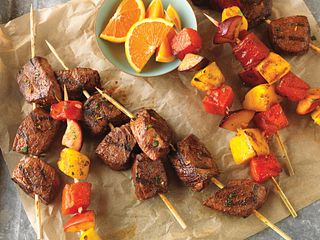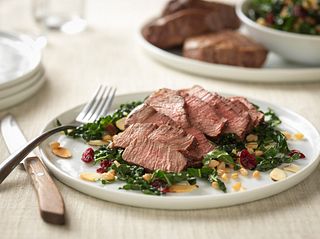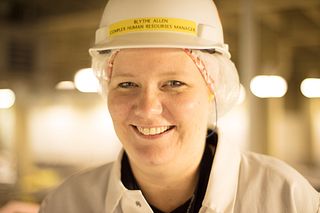Beef Quality assurance in michigan
BQA programs have evolved to include best practices around good record keeping and protecting herd health, which can result in more profits for producers. When better quality cows leave the farm and reach the market place, the producer, packer, and consumer all benefit. When better quality beef reaches the supermarket, consumers are more confident in the beef they are buying, and this increases beef consumption.
BQA Core Beliefs
- WE BELIEVE production practices affect consumer acceptance of beef
- WE BELIEVE the BQA Program has and must continue to empower beef producers to improve the safety and wholesomeness of beef
- WE BELIEVE these fundamental principles are the fabric of the BQA Program
Why should you get involved?
- Although BQA is currently a voluntary program, processors have begun to make announcements about requiring BQA, BQAT and FARM certifications.
- Cargill is increasing to 90% BQA certified feed yards in 2018. Additionally, they will be ensuring that 90% of the dairy cattle processed at their facilities in the U.S. are FARM (Farmers Assuring Responsible Management) certified.
- Tyson facilities will require BQA certification as of 1/1/2019 and BQAT certification as of 1/1/2020.
How can you become certified?
- BQA and BQAT certification can be done online or by attending an in person training organized by Michigan’s Beef Quality Assurance Coordinators. Visit BQA for the online course.
- For more information on the FARM program visit: National Dairy Farm
- Michigan’s Beef Quality Assurance Coordinators are:
| Daniel D. Buskirk, Ph.D. | Frank Wardynski |




Share This Page